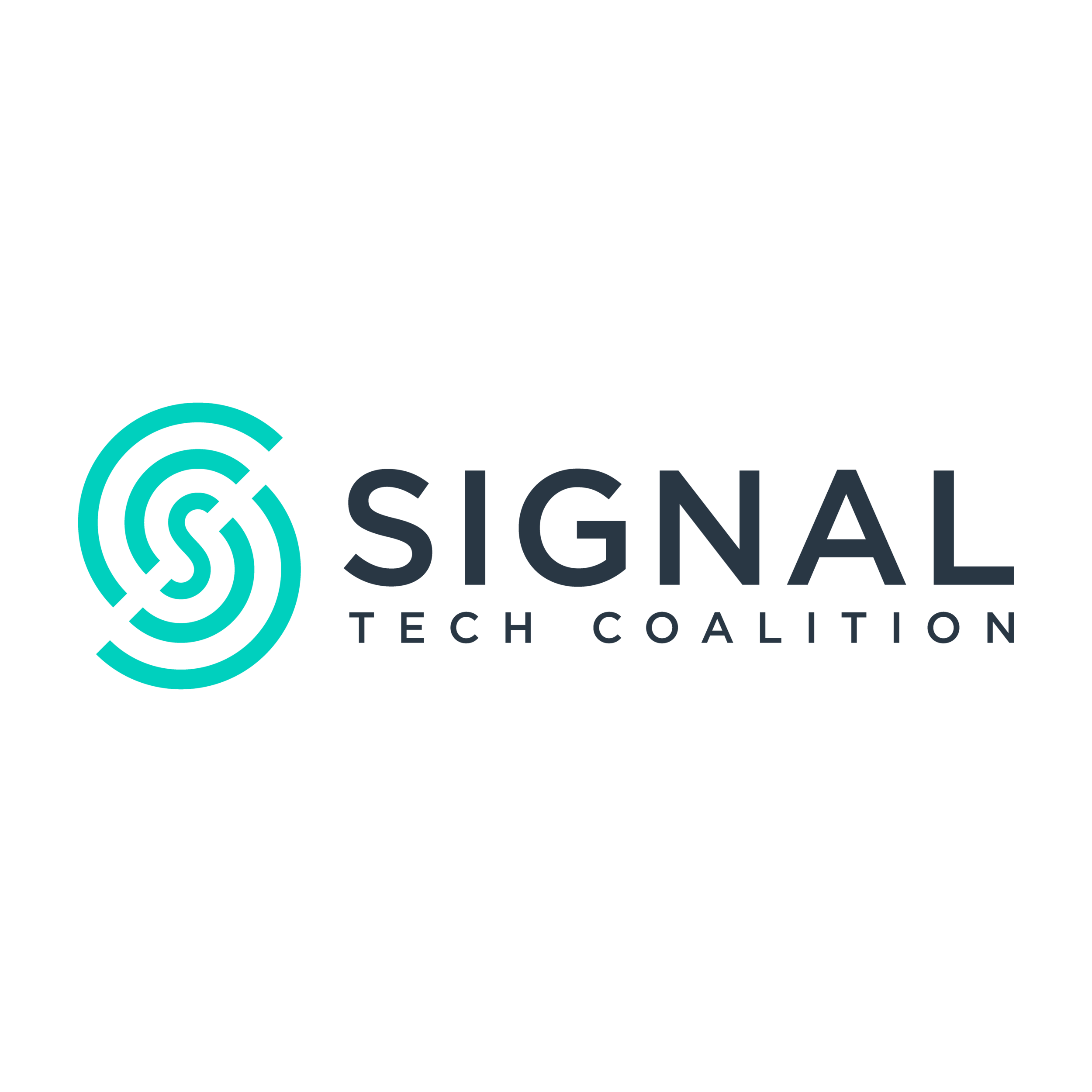Creating a Clear Roadmap to Measure and Verify Oil & Gas Climate Pollution
This summer, Colorado took a step forward for our planet by adopting a rule to measure and verify oil and gas emissions using real-world data and technology. Colorado is a pioneer in this field, but it is critical that the state set clear implementation standards in the verification protocol that is expected to be finalized this December. Without a clear roadmap, we could easily get off track.
Currently, methane emissions are calculated using outdated methods from 30 years ago that fail to incorporate real-world, empirical emissions data. That old school process leaves us vulnerable to underestimating real emissions. We cannot effectively combat emissions without knowing how much pollution is in the air. Thankfully, we now have readily available and scientifically-sound technology to effectively measure methane emissions from oil and gas production. And with support and leadership from Colorado’s Air Pollution Control Division (APCD), we can map out a path towards a brighter, healthier future for our communities and the planet.
That is why Signal Tech Coalition is calling on the APCD to:
develop a menu of rigorously vetted and scientifically valid methane emissions measurement programs for operators to choose from beginning in 2025,
set clear and robust technology and implementation standards for operators who choose to create their own methane measurement programs starting in 2027, and,
ensure transparency and credibility by setting standards for third-party auditing.
This is about more than measuring climate pollution from the oil and gas, it’s also about Colorado’s long-term prosperity and well-being. For Coloradans living near well sites, the adverse health effects caused by ozone-forming pollutants and hazardous air pollutants released alongside methane are a daily fact of life. Add the costs of their medical bills onto the $50 billion in damages from extreme weather in the past decade alone, it becomes painfully clear: the cost of doing nothing is just plain unacceptable. It is time to take the strongest action possible to regulate these operations that contribute 30-40% of ozone-forming compounds to the Front Range.
What we can measure, we can manage and reduce. If the APCD commits to strong guidance, Colorado will set a gold standard for reducing emissions, fueling innovation AND creating jobs. This rule's success hinges on continued collaboration between industry, government, and communities. With public comment sessions planned, everyone has a stake and a say in our climate future. It's democracy in action, ensuring that the implementation standards truly reflects the will and concerns of the people.
You can get involved by registering TODAY to tell the APCD why methane verification matters to you. Or by emailing them at cdphe.aqcc-comments@state.co.us by October 20th.
